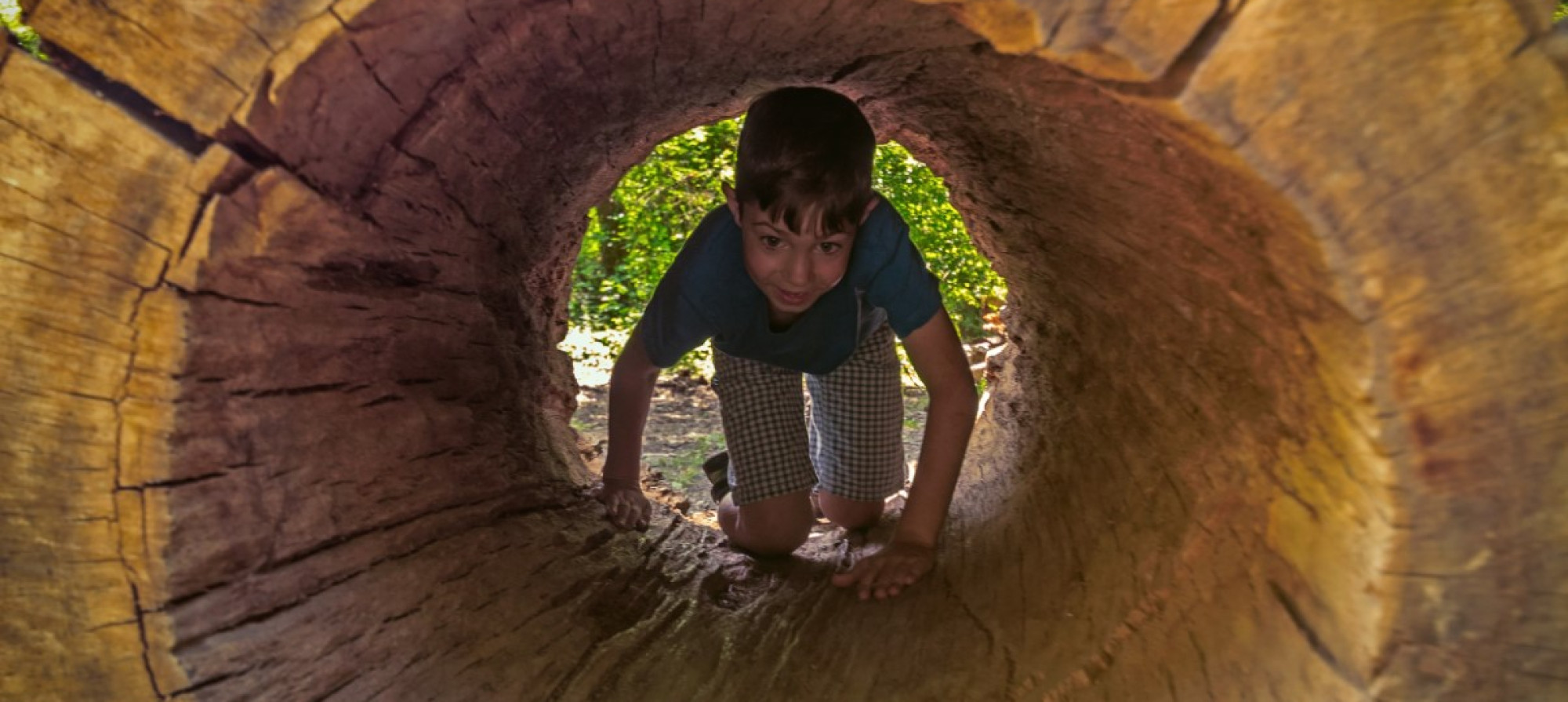Religious Education
![shutterstock_1466824106-[Converted]](https://www.aslactonprimary.org.uk/images/uploads/9/649/shutterstock_1466824106-%5BConverted%5D.jpg)
Religious Education is taught following the Norfolk Agreed Syllabus but RE in our schools goes beyond the curriculum itself to inform and enrich many areas of learning.
Every aspect of school life influences the moral and spiritual development of the children. Collective Worship happens daily and is a fundamental part of the life of our school. Through the teaching and learning of RE, we develop the children’s ability to reflect upon and explore the beliefs, values and ways of life of the six main world religions: Christianity, Hinduism, Judaism, Islam, Sikhism and Buddhism as well as other religions, faith traditions and world views including the Humanist view.
Our learning in RE is enquiry based and focuses on what we can learn about Religion and Beliefs and what we can learn from Religion and Beliefs.
We investigate how faith is reflected in the social practices and moral decisions of life. Children are encouraged to talk about their own experiences and feelings, and to respect those of others.
Parental right of withdrawal from RE.
This was first granted in 1944 when curricular RE was called ‘Religious Instruction’ and carried with it connotations of induction into the Christian faith. RE is very different now – open, broad and exploring a range of religious and non-religious worldviews. In the UK, parents still have the right to withdraw their children from RE on the grounds that they wish to provide their own RE. This provision will be the parents’ responsibility. This right of withdrawal exists for all pupils in all types of school, including schools with and without a religious designation. Parents also have the right to withdraw their child from part of RE, and can do so without giving any explanation.



